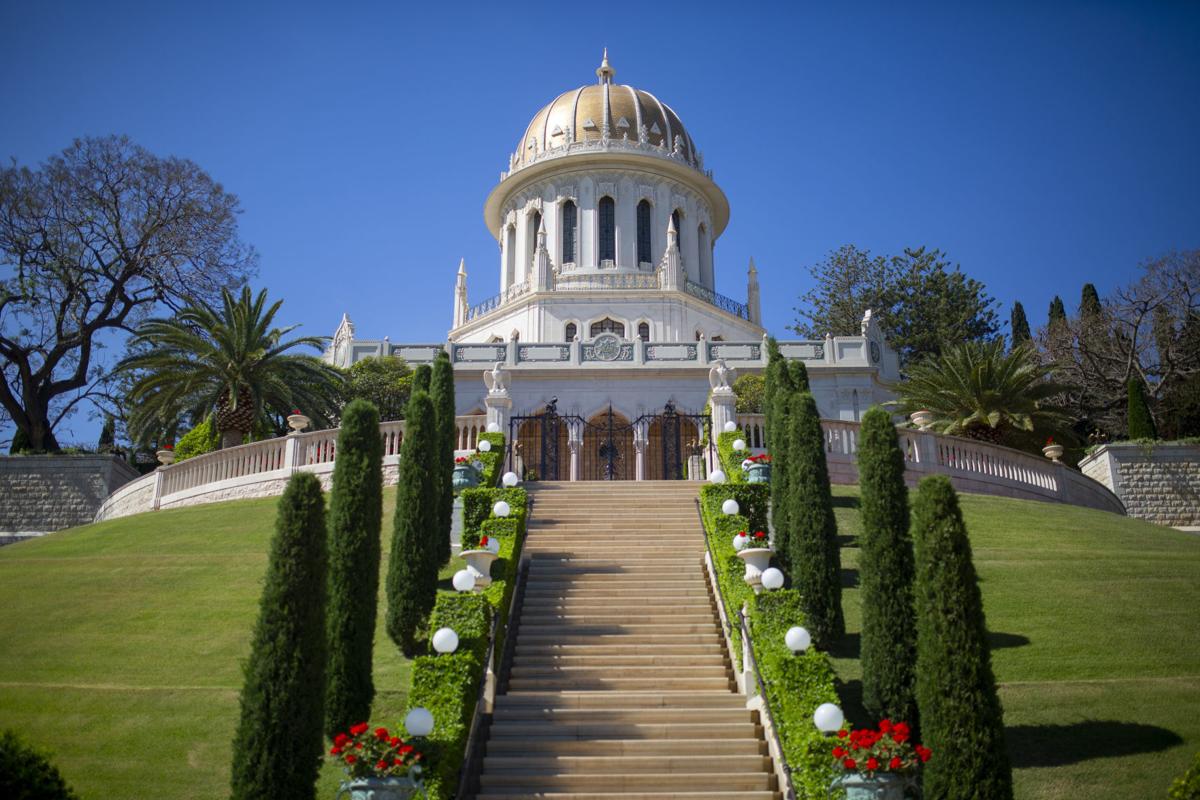

Our life, like our busy highways, is growing more hectic and crowded. The demand on our time is increasing relentlessly. The result is this: we seek quick remedies for our headache, toothache, or toe ache, but ignore, deny, or suppress the ache in our spirit. We do this despite knowing that we shall lose all—the head, the tooth, and the toe—but keep the spirit, the real owner of everything, the only “I and me.” By so doing, we become strangers to our own selves. Is the householder the house or is the house the householder?
- We bathe and cleanse our bodies but not our souls.
- We change our attire, but not our attitudes.
- We beautify our skin, but not our spirit.
- We seek a clear complexion but not a clear conscience.
- We polish our nails and our cars but not our character.
- We open our clogged arteries but not our minds.
- We worry about our ulcer, but ignore our ultimate destiny.
- We bask our bodies in the sun but leave our hearts in darkness.
- We fill our closets but leave our souls empty.
- We clear our gardens from weeds but not our conscience from guilt.
- We remove a callous from our toes but leave callousness in our hearts.
- We align our nose but leave our lives crooked.
- We worry about our hairline and baldness, but ignore our hollow brain.
- We remove the wrinkles from our face but not from our character.
- We make the fading, fleeting “form” fragrant but ignore the imperishable and eternal.
We ignore our soul, the glorious gift that must be groomed and made beautiful as a bride for the grand banquet of heaven. We forget the one who must be as pure and radiant as the light and as free and detached as the wind to soar beyond the stars and reside in the Master’s “many mansions” on high.
We assume that life will continue as it is, that we will have more time in the future to do all the things for which we find no time now. The thought of our mortality is too threatening.
The art of living successfully consists of being able to hold two opposite ideas in tension at the same time: first, to make long-term plans as if we were going to live forever; and, second, to conduct ourselves daily as if we were going to die tomorrow. _Sydney J. Harris
We live as if the present moments must be spent or invested for an elusive goal that is always in the future. And how do we define goals? As a fixed point in time that once arrived, fulfillment follows.
We must recognize that life is not a destination but a journey, that we are travelers through time, and a goal is a sign post we see just ahead, a point we pass by and at which we can only pause. Our whole life is only a viewing of sceneries. Nothing more. The goal at age nine or ninety is the same: growth. The difference is in the scenery. As author Gena Corea notes:
My early life had been fed with dreams and a deep feeling that if I waited, did my part and was patient, love would come to me and with it such a family life as fiction depicted and romance built up. It seems to me that I have always been waiting for something better—sometimes to see the best I had snatched from me.
The assumption that a goal is always in the future, totally distorts our vision of reality. It makes us waste the precious present for an elusive end, for a moving shadow that is never reached, for a mirage that appears splendid from afar but soon fades away. Consider a man who works twelve hours a day, six days a week, and saves huge sums through all his working years. He invests his most precious moments for wealth. When he thinks he has reached his goal and stops, he finds that he has reached only a new scenery, that the “goal” he pursued during a lifetime was nothing but fable and fantasy. Besides, he encounters new challenges to his illusive dreams, such as increased sickness and the fear of an impending death. Even in absence of these, he could “reach” no point of bliss, except move with time and see more sceneries.
So many invest their precious lives running for the end of the rainbow. As a comedian has said, “Young people look forward, old people look backward, and middle age people look terrible.”
The future is now, this very second; the goal is here right within our reach, this very moment. What is real is now. The time to act is now. This planet is not our permanent home. We come from God and we may be recalled any minute. There is no time to wait or waste. As Bahá’u’lláh declares:
O Children Of Negligence!
…Ye are even as the unwary bird that with full confidence warbleth upon the bough; till of a sudden the fowler Death throws it upon the dust, and the melody, the form and the color are gone, leaving not a trace. Wherefore take heed, O bondslaves of desire!42



